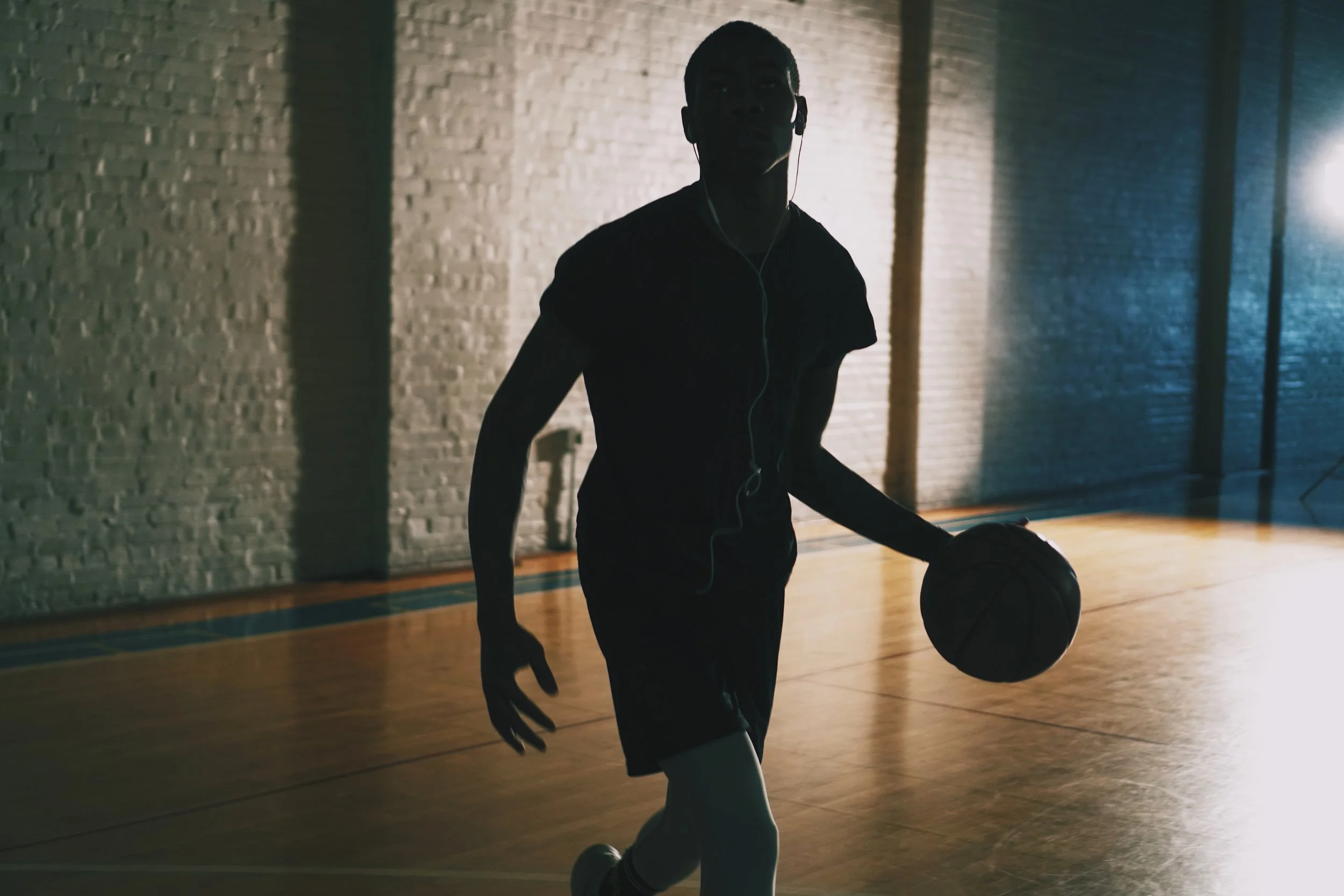Supporting the dynamic transition from professional sports to life beyond the stadium.
Professional athletes and their families experience a world of constant change and challenges. Pro athletes and those who support them are expected to navigate the difficult balancing act of managing the competing priorities of dynamic and unpredictable playing careers with preparing for life beyond the game.
Even the most skilled and experienced veteran athletes often struggle to manage daily pressures and long-term expectations for their careers. To address these challenges, many organizations and elite performers turn to executive coaches to help their leaders maximize their growth and prepare for major transitions in their personal and professional lives.
Our strengths-based approach to transition coaching is client-centered and solution-focused, meaning that we will develop a trusting, respectful relationship and work together to facilitate learning and growth and generate action. We view coaching as a partnership. The single most important element of the coaching relationship is confidentiality between coach and client. We focus on improving performance by helping clients leverage their existing strengths while coaching them to develop and sustain new perspectives, attitudes, and skills within a confidential, supportive environment.
Services and workshops include:
Counseling & Psychological Services
Sports Performance
Mind/Body Wellness
Transition Coaching
Leadership Development
Career Development & Professionalism
Innovation & Entrepreneurial Thinking
Critical Thinking/Problem-Solving
Self-Reflection & Decision-Making
Civic Engagement & Social Responsibility
Understanding Global Context
Diversity, Inclusion, & Equity
DID YOU KNOW?
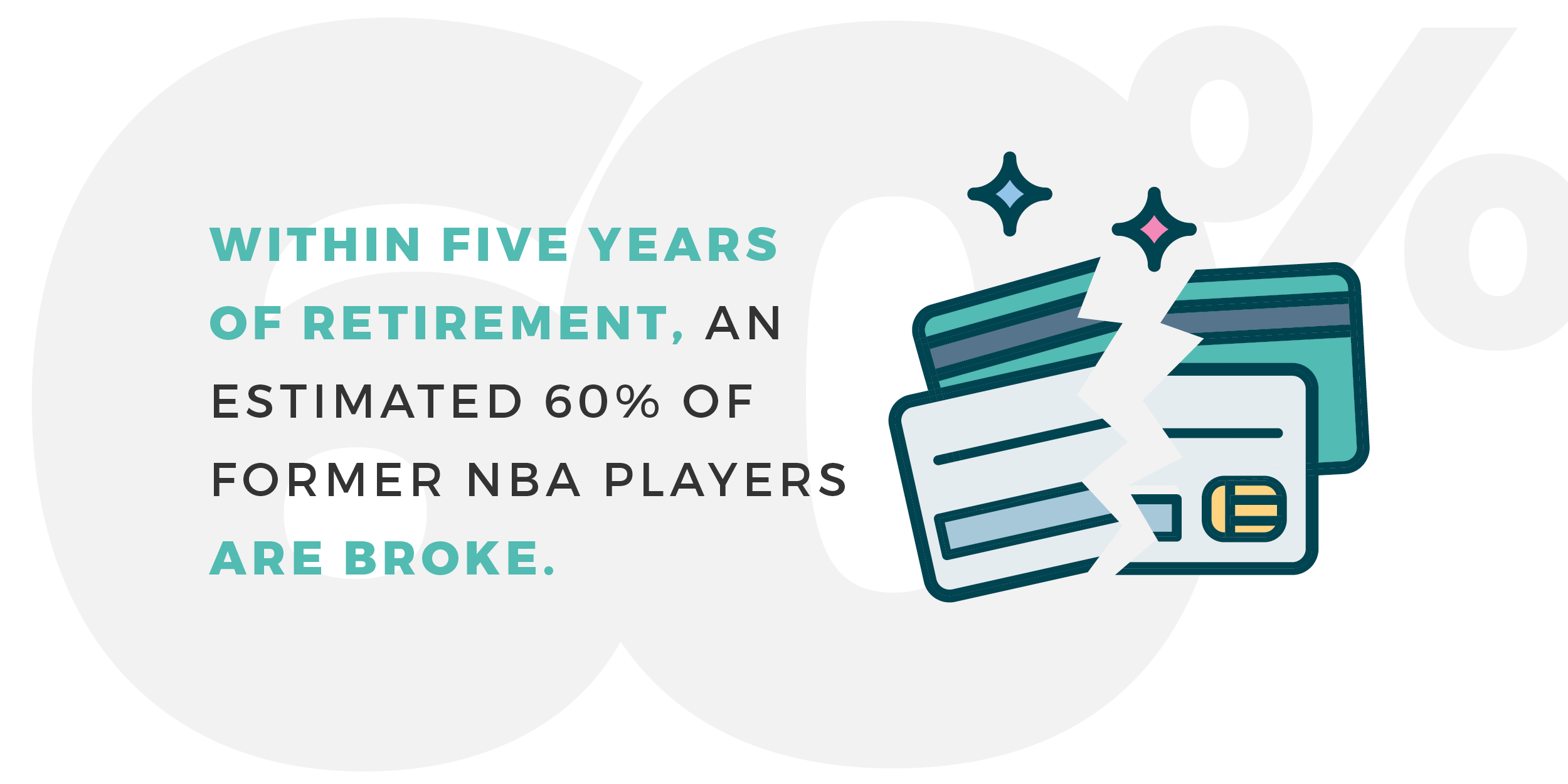
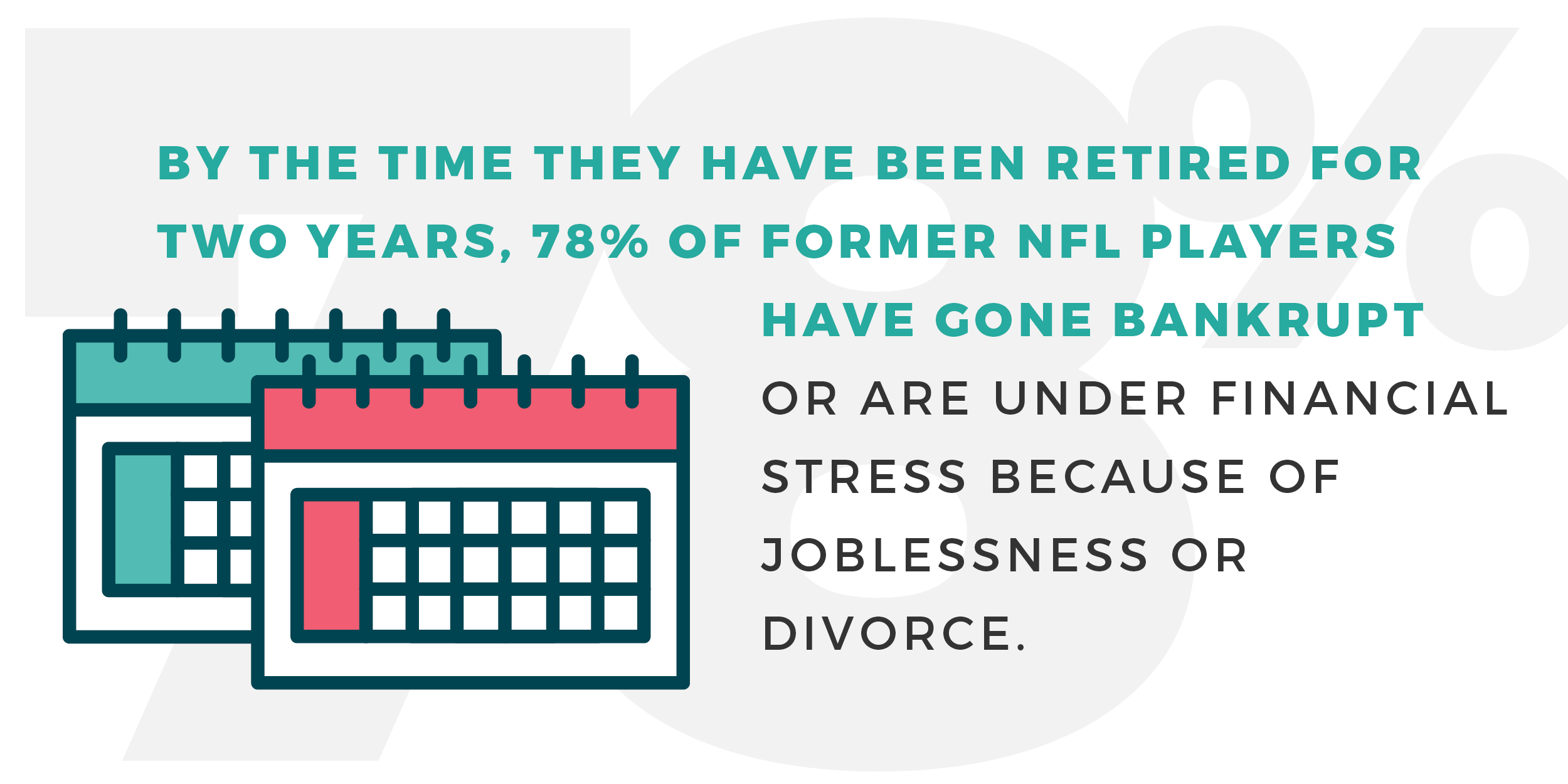
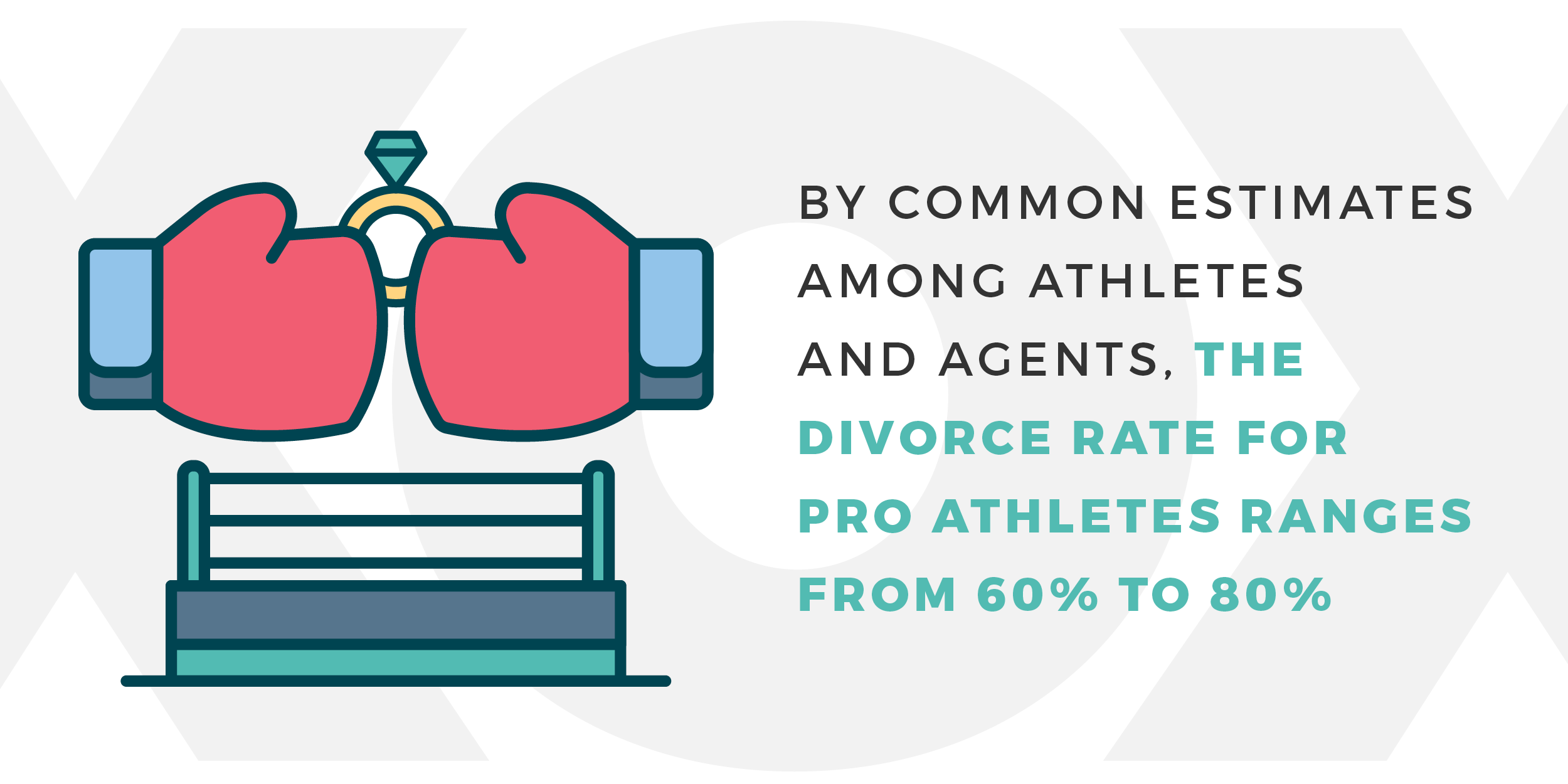
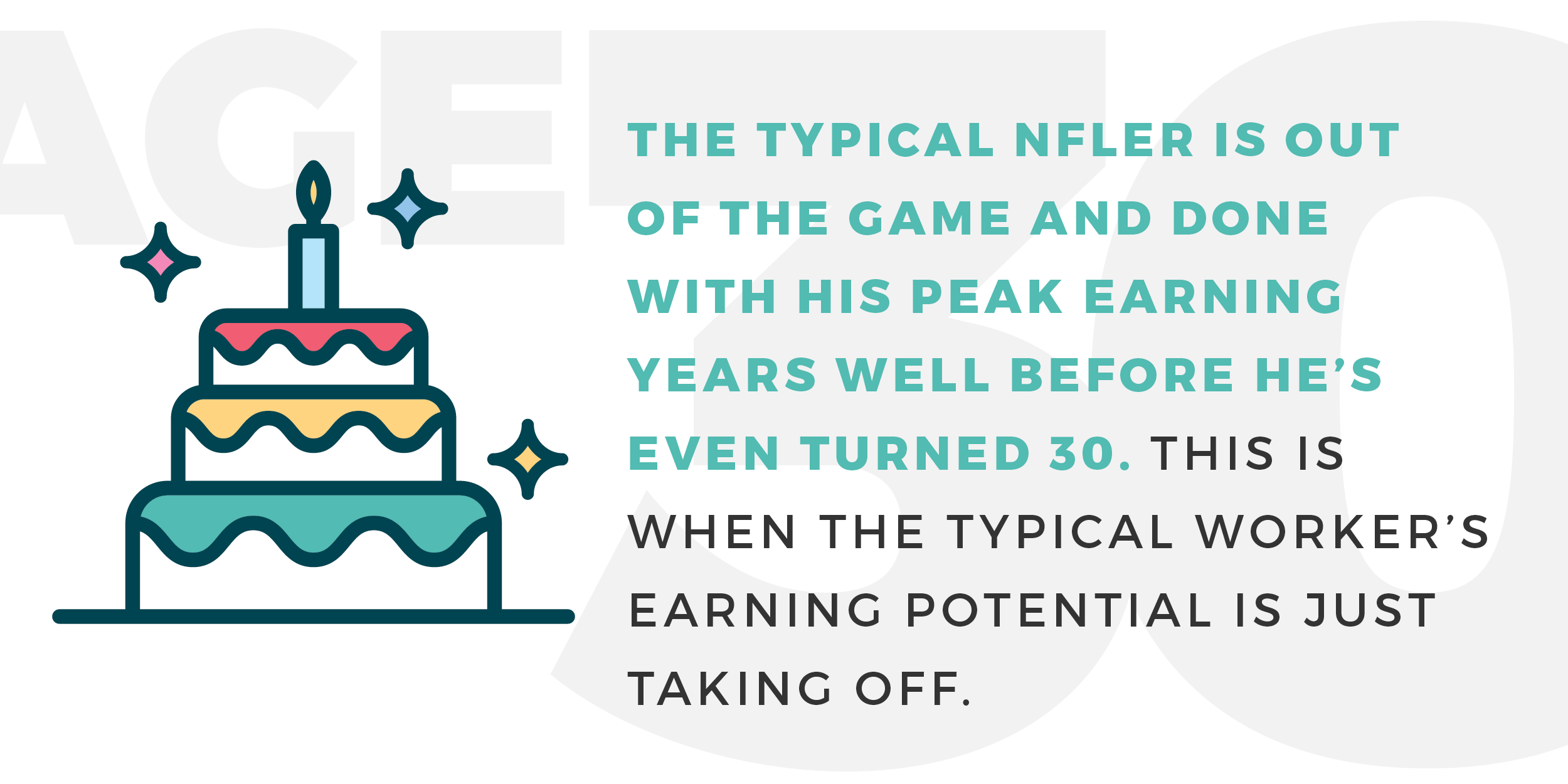
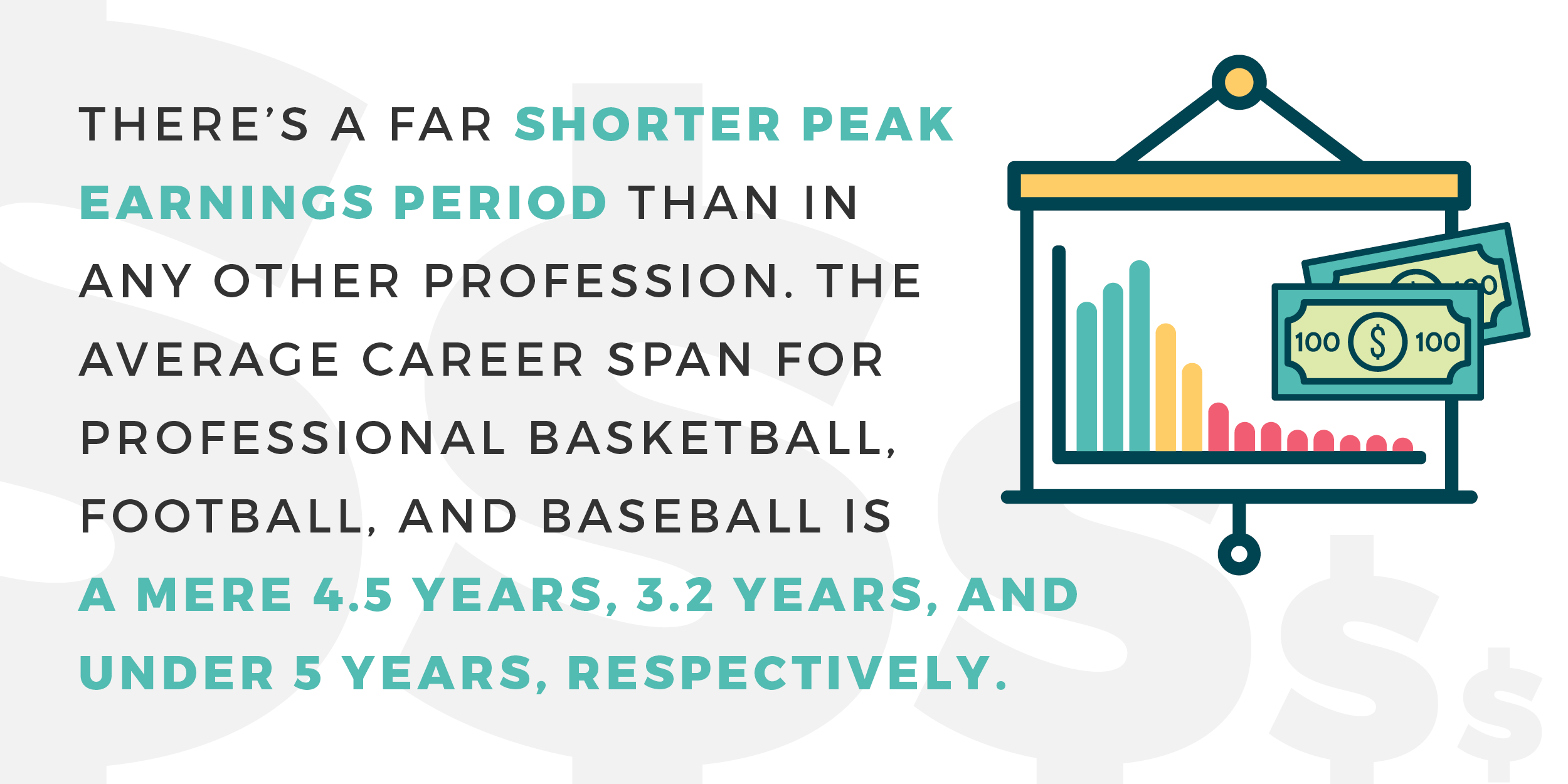
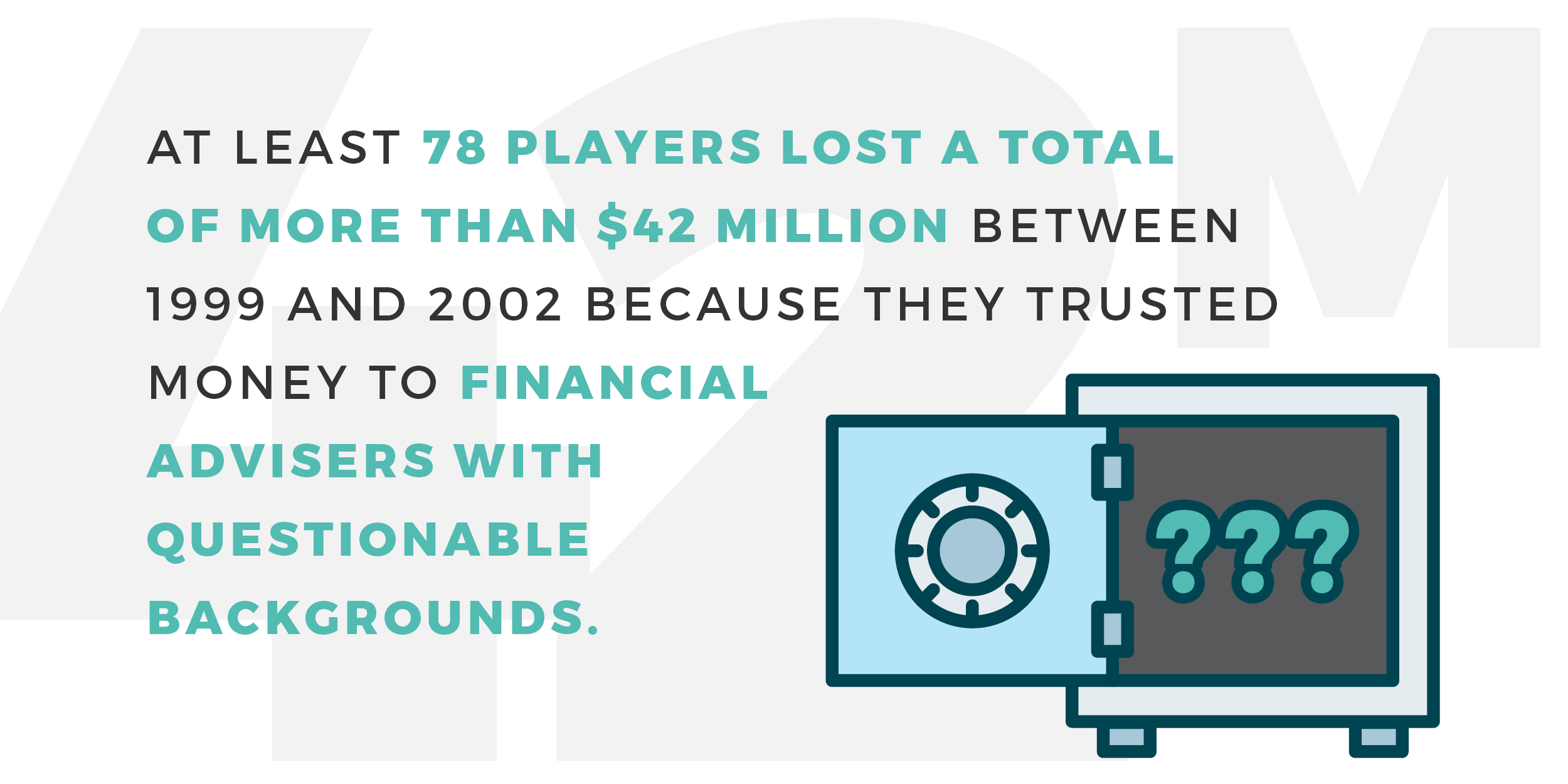
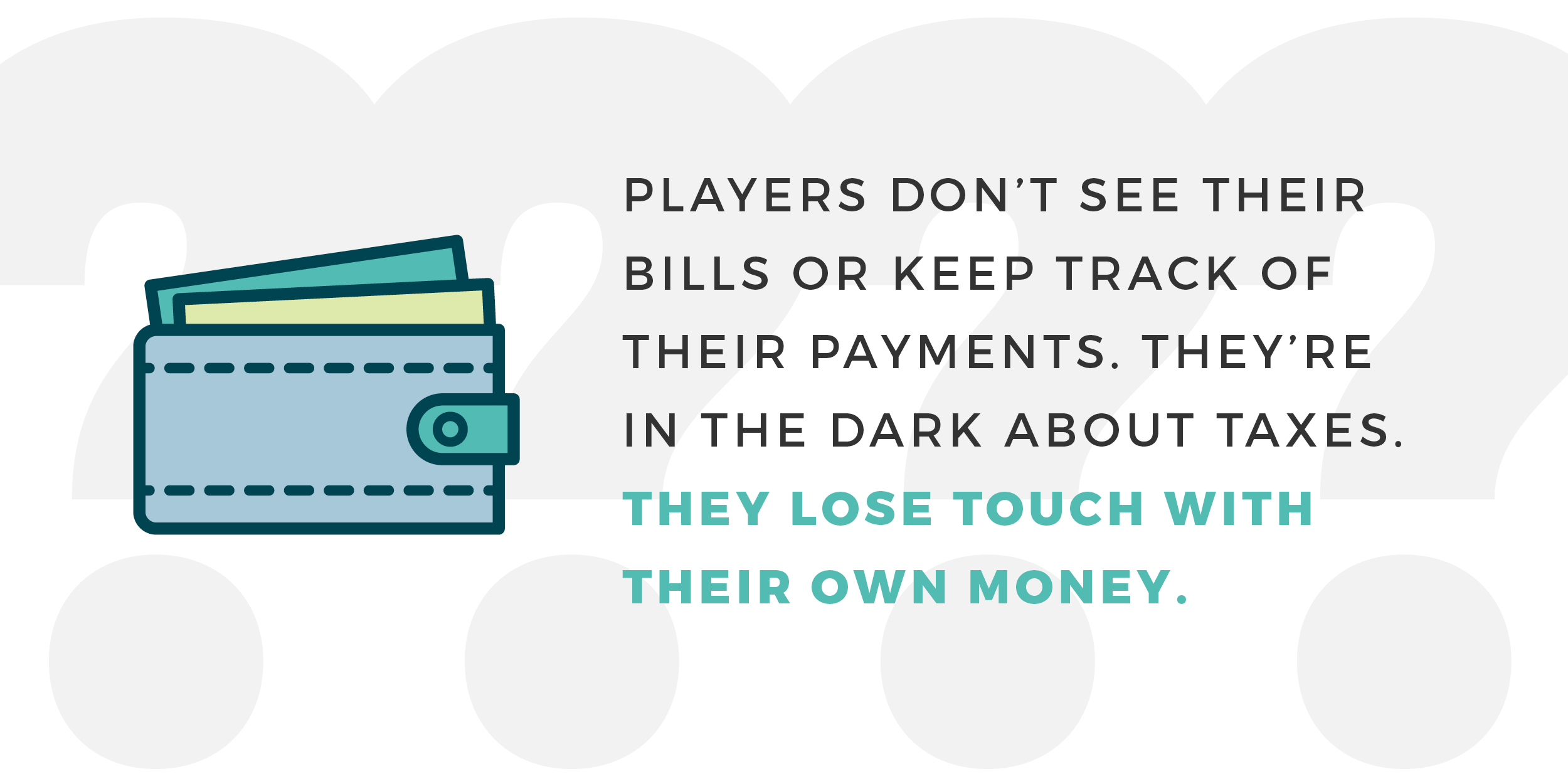
ELITE ATHLETES & MENTAL HEALTH
Unique Challenges for Transitioning Athletes
• Loss of identity
• Intersections of identity & career
• Grief
• Loss of structure
• Developmental Delays
• Loss of focus and purpose
• Absence of feedback
• Adapting to new diet
• Financial management struggles
• Media attention and criticism/Social Media
• Relationships with family/friends
• Mental Health Concerns
At least one out of five adults will experience mental health disorders within a given year.
Professional athletes are a unique subset of the population, and they possess additional stressors, which are linked to mental health issues.
Athletes can face increased societal pressures connected to fame and notoriety, long playing seasons, pressure from coaches to win, injuries, and very busy schedules.
Further, there is significant evidence that social media can play a role in mental health concerns by exposing athletes to a much larger comparison group, which can leave them feeling especially vulnerable and unable to cope with widespread public scrutiny and criticism.
to learn more about professional athlete development and transition management,
Contact us today.
Infographic Sources
Pablo S. Torre, Pablo S. “How (And Why) Athletes Go Broke.” Sports Illustrated. March 23, 2009.
Tuttle, Brad. “Why NFL Players Are So Likely to Declare Bankruptcy.” Money.com. April 16, 2015.




